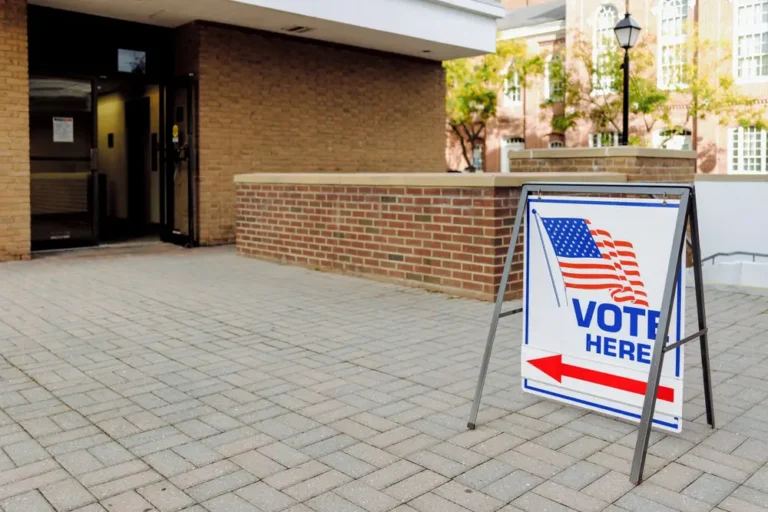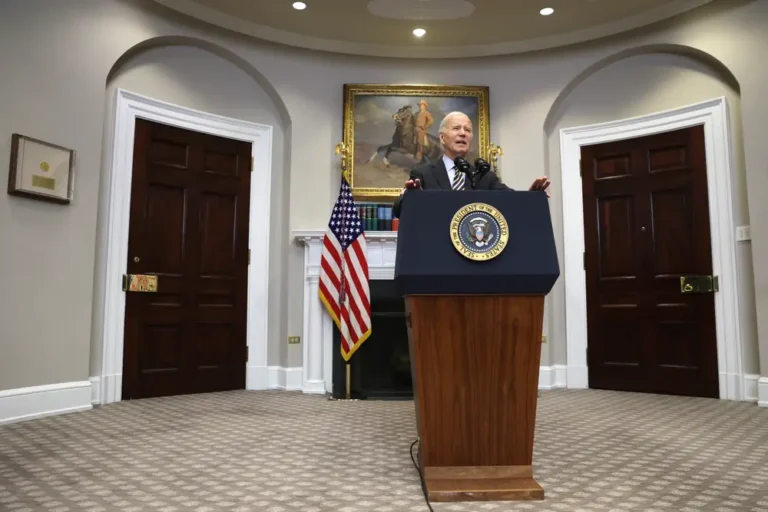Make these 9 top investments in a ‘stock-picker’s market’ as economic growth continues, according to a bear-turned-bull whose hedge fund is up 155% in the last 5 years

- Standout hedge fund manager Charles Lemonides came into the year careful but is now more optimistic.
- Interest rates didn’t cripple the economy, and instead are staying steady at a mild absolute level.
- Here are nine investing ideas from Lemonides after his six recommendations from December soared.
Charles Lemonides, a hedge fund manager, was bracing for the worst as the year 2023 approached.
Following a year in which his ValueWorks Long Biased Composite Fund returned 39.2% while the S&P 500 lost ground, the market veteran predicted that higher interest rates would stifle economic growth. As a result, he had a 40% short position at the start of 2023, his highest ever.
Investors had little reason to doubt Lemonides’ views on stocks and the economy, given that his long-biased fund had risen 600% in the previous ten years as of January.
However, this year has not been the bloodbath Lemonides predicted. On the contrary, US stocks have outperformed expectations, rising 16.7% year to date, and the investment chief has been left behind. His hedge fund is down 8% year to date in 2023, but it is still up 155% over the last five years.
Although the massive market crash he predicted did not occur, Lemonides recently told Insider that a modest pullback could occur in the coming weeks following such a strong rally.
“It was a very big bounce, and I think it was probably overdone,” Lemonides told Insider. “As a result, I believe investors became complacent and overconfident on the way up.” In the last few weeks, we’ve seen a 3% to 5% correction, depending on how you measure it. It would not be surprising to see another 3% to 5% increase in the near term.”
The economy’s momentum can continue, even if growth slows
Lemonides, on the other hand, sees several market opportunities, in part because he’s changed his tune about the economy. He believes that the once-certain recession is now a long shot.
“I think the only way you’re likely to get a recession at this point is from an exogenous shock from commodity markets based on something that happens geopolitically,” Lemonides said, adding that such an outcome is “a very real risk.”
Market strategists predicted that the US economy would contract this year as stubbornly high inflation forced the Federal Reserve to keep raising interest rates.
Instead, inflation has steadily slowed without accompanying growth. One possible explanation is that monetary policy takes months to take effect, though Lemonides also pointed out that rates remain at a modest absolute level despite a massive relative jump.
“You went from uber-accommodative to accommodative, and you’re now just barely in the restrictive territory,” Lemonides explained. “Given where you were coming from in terms of monetary looseness to monetary tightness, it makes sense that the economy hasn’t come to a halt.”
The hedge fund manager believes the economy can withstand another rate hike or two, despite investor groans. According to him, “it’s just not the end of the world for the real world.”
“I don’t think this level of tightening will lead to a credit crunch and a recession,” Lemonides said. “I believe markets have adjusted to this level of tightening.”
While the labor market appears to be immune to rate increases, Lemonides claims that employers are feeling the effects of tighter financial conditions. Although the unemployment rate is near historic lows, the rate of job creation has slowed because the United States is nearing full employment.
Nonetheless, Lemonides believes that the economy will continue to expand for the foreseeable future, despite the fact that it moves more like a massive ocean liner than a nimble sports car.
“There was a lot of positive momentum, and it takes time to turn that momentum around,” Lemonides said of the labor market and economy.
9 places to put your money right now
A modest 5% decline should not deter investors. In fact, a minor decline can serve as an entry point for a broader market rally driven by factors other than large-cap technology stocks.
“It’s going to be a good stock-picker’s market going forward,” Lemonides said. “We don’t believe the nifty 20 will carry the next 20% up-leg in this market.” And we believe the Nifty 20 will fall significantly if there is a hiccup in the markets.”
When Lemonides last spoke with Insider in mid-December, he recommended everything from Netflix to a pair of large semiconductor companies to a trio of small energy companies. All six of the companies he mentioned have risen since then, and some have risen dramatically.
The hedge fund manager is currently bullish on energy stocks in general, especially those in the oil and gas sector. Some companies in the sector have become more expensive since their valuations implied obsolescence a few years ago, but many remain inexpensive, according to Lemonides.
While investors can always get exposure to the energy sector through exchange-traded funds (ETFs) such as the Energy Select Sector SPDR Fund (XLE) or the SPDR S&P Oil & Gas Exploration & Production ETF (XOP), Lemonides reiterated his interest in energy services firm Valaris (VAL). He also mentioned Chord Energy (CHRD) and Unit Corp (UNTC) as exploration and production companies. All three companies stand out for their low valuations and strong free cash flow.
There are also opportunities in financials, such as Goldman Sachs (GS) and, on the other end of the spectrum, distressed banks. The latter group was crushed during the early 2023 banking crisis, but has enticing risk-reward prospects, according to Lemonides.
United Natural Foods (UNFI) and Hyster-Yale Materials (HY) are two more stocks with eye-catchingly low valuations, according to Lemonides.
United Natural Foods mismanaged both inflation and the acquisition of grocery chain SuperValu, but the fund manager believes it is “off-the-charts cheap” given the $5 per share in earnings he expects it to generate in the coming years. Furthermore, he does not consider the country’s $2 billion in debt to be a significant burden.
Hyster-Yale Materials also appeared to be caught off guard by price growth early in the pandemic and had priced its products too lowly, according to Lemonides. However, he stated that the company has a strong competitive position, significant margins, and far more demand than it can meet.
“I think the market’s littered with these very different investment ideas that aren’t just like, ‘Wow, AI’s going to take over the world,'” Lemonides explained.






